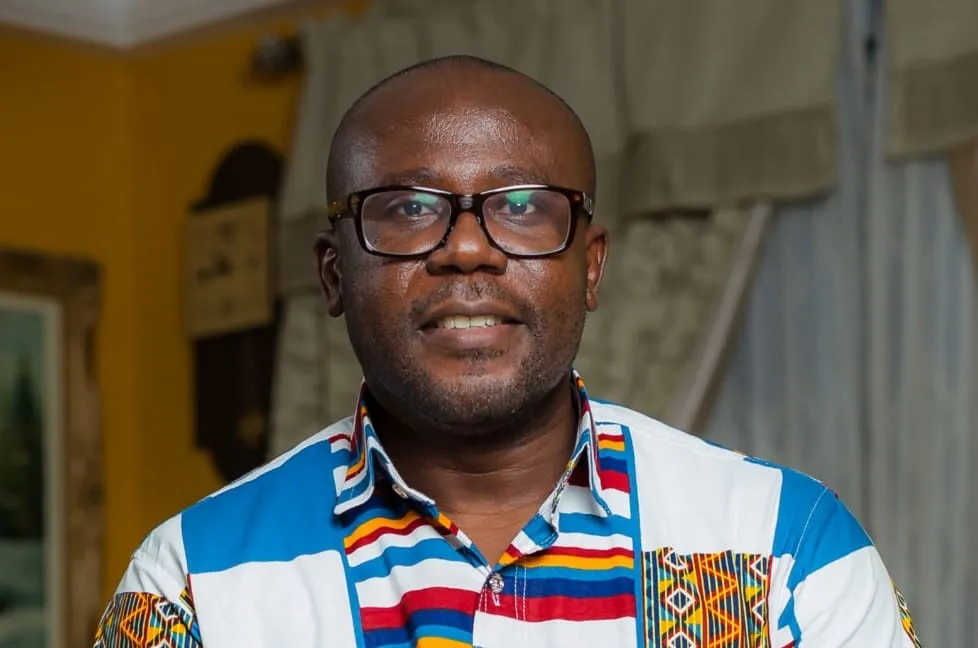
Fostering Talent in Africa Requires a Post Colonial Approach
Africa is on the rise. The continent will hold the largest population on Earth in the next decade and the vast majority of them will be young, very young. Total African population is estimated currently at 1,473,098,459 [Nov 13, 2023], higher than China (1,425,671,352) or India (1,433,447,986). About 70% is younger than 35, 60% is younger than 25, so that the average age is 19 years in Africa. The potential demographic dividend for global development is immense. Success will depend in part on multifaceted strategic partnerships in diverse spheres of human endeavor between Africa and various stakeholders, including Europe.
One African challenge is the severe lack of employment. The International Labor Organization reports that about 11.2 percent of African youth aged between 15 and 24 years old are expected to be unemployed in 2024. To stress this point, I note that more than one in four young people in Africa – around 72 million – are Not in Employment, Education or Training (NEET). Two-thirds of these are young women. The worst cases are Djibouti (77.1%), South Africa (51.52%), Libya (54.47%) and Swaziland (49.77%). These young people are prone to being recruited into crime or even terrorist organizations.
Indeed, the colonial approach that has gripped our leaders remains and it has infiltrated our strategies and approaches to training. There may be a mismatch between the skills acquired through education and the skills demanded by the job market. A lack of alignment between educational curricula and industry needs can result in a surplus of qualified individuals in certain fields and a shortage in others.
Higher education curricula in Africa have tended to follow European and American trends, often without recourse to localized perspectives. This is one of the main reasons why our students may not be fit for the purpose – they have been trained for foreign countries but not their own. For instance, Europe is facing an aging population and has attuned its training programmes to those that cater for the old. Many African educational institutions are copying the programs being offered in Europe while the situation in Africa is the exact opposite – a youthful population. Africa needs to embrace her indigenous knowledge and avoid the addiction to colonial definitions of knowledge grounded in colonialist mentalities such as Levi-Strauss' theory of the "Savage Mind".
Two collaborative EU-Africa projects with the potential to eradicate the unnecessary preference for European experiences at the expense of the African ones are the Harmonization and Tuning (TA) initiative and the Harmonization, Quality and Accreditation (HAQAA) program. TA is a collaborative process through consultation with students, academics, graduates and the labor market, which reviews the competences and skills that are required for a given discipline and revises the study programs accordingly. HAQAA is supporting the Pan African Quality Assurance and Accreditation Framework and in particular the development of continental standards and guidelines for quality assurance in higher education, capacity building in the regional and national bodies in charge of higher education, and building up expertise in the field of institutional evaluation and quality. The projects involve 107 universities across 42 African countries, regional bodies and students.
The bottom line is that many African countries lack the resources to facilitate basic science and/or applied research. Think about it. Groundbreaking work on Africa are often conducted by non-Africans. Indeed, except in or two cases, African countries do not have research funding agencies. Therefore, scholars rely entirely on partnerships with foreign-based colleagues for research funding. Development research, often funded by multilateral agencies, is extremely focused and does not always met the needs of the target country. Even when it does, its focus is so narrow that it is restricted in its value to the development of science. The same can be said of industry-funded research which is also geared towards enhancing shareholder value rather than to the interest of science or the public. The result of this situation is a dearth of African researchers.
Efforts to reverse this situation have been championed by organizations like the Carnegie Foundation in America and Canada's "Think Thank Initiative". These initiatives have laid the groundwork for research collaborations with universities in Europe and around the world. I've been involved in a conscious attempt by a European university to establish a research hub at an African university with a localized focus on specific issues – climate change, trade facilitation, pharmacognosy. A promising example of such collaboration is the African School of Regulation (ASR) – supported by the University of Florence – which was officially launched during the Africa Climate Summit of 2023. The ASR, which will be hosted by the African Capacity Building Foundation (ACBF) and headquartered in Accra, Ghana, will strengthen the African energy sector's capacity in support of the Agenda 2063 goals for sustainable development on the continent. Ghana Institute of Management and Public Administration (GIMPA) is a partner in this project.
Often times when we think of collaboration, especially in a university setting, we think of student and faculty exchanges. These cultural exchanges are wonderful avenues for all sorts of good things. These traditional partnerships are well and good, but the current era demands far more than that. Without consideration and pursuit of such collaborations for mutual benefits, illegal migration to Europe will continue as the youth will seek greener pastures in places where they feel they can be gainfully employed. The impact of this can be disastrous. Transforming Africa can be done through collaborations and partnerships with the relevant institutions on the continent. We should defend Africa's future by investing in the young people here. That is the only way to reap positive dividends from them.
